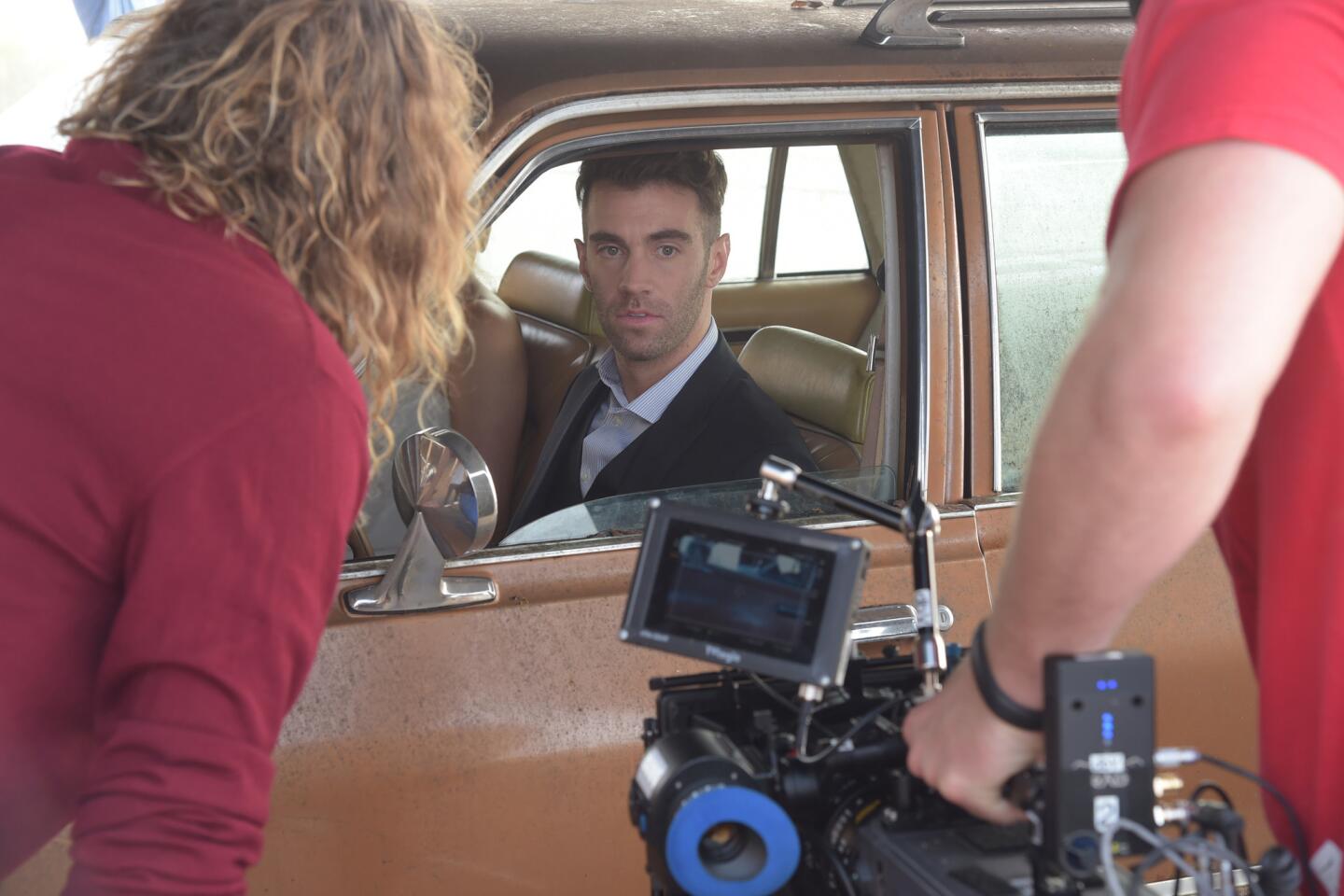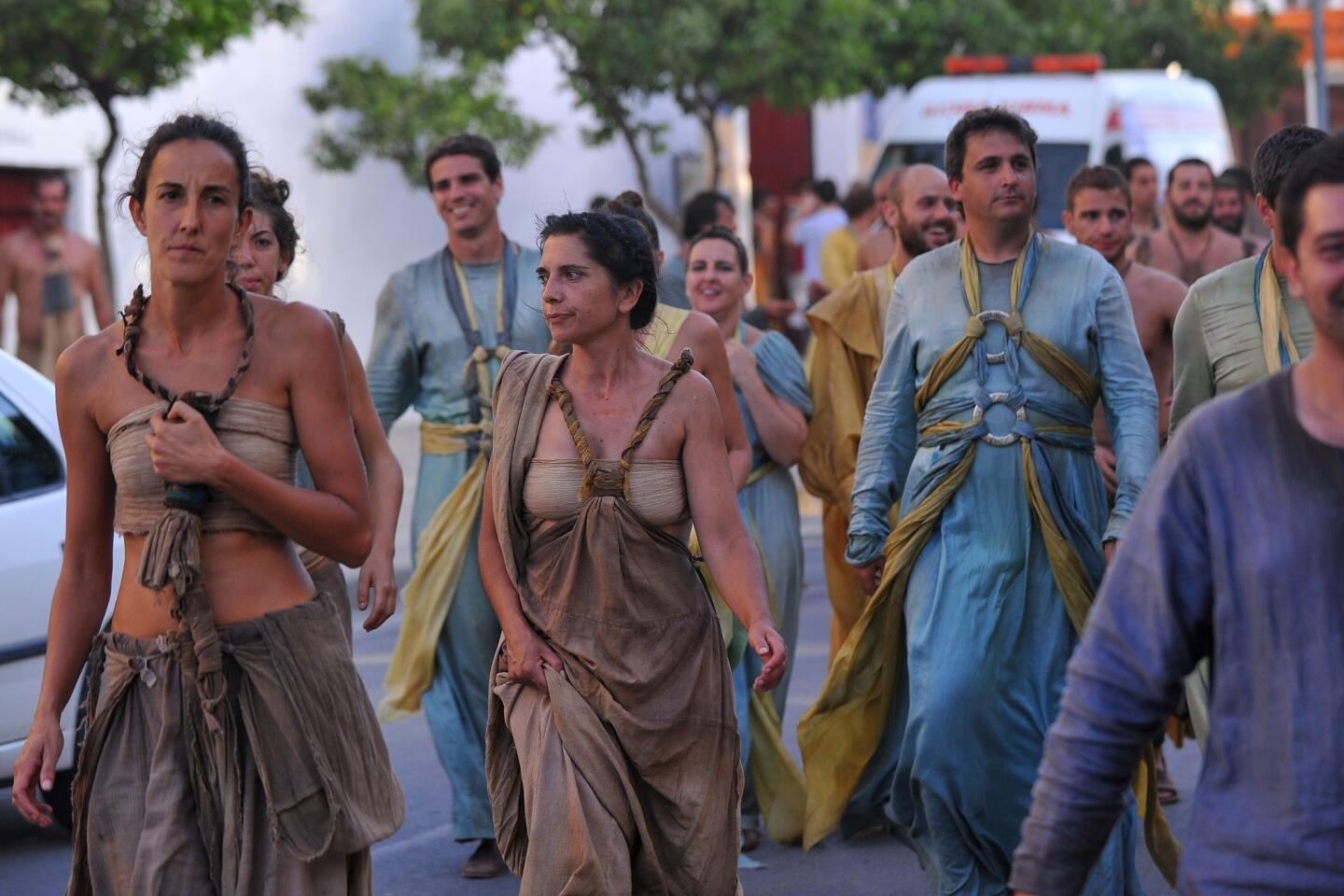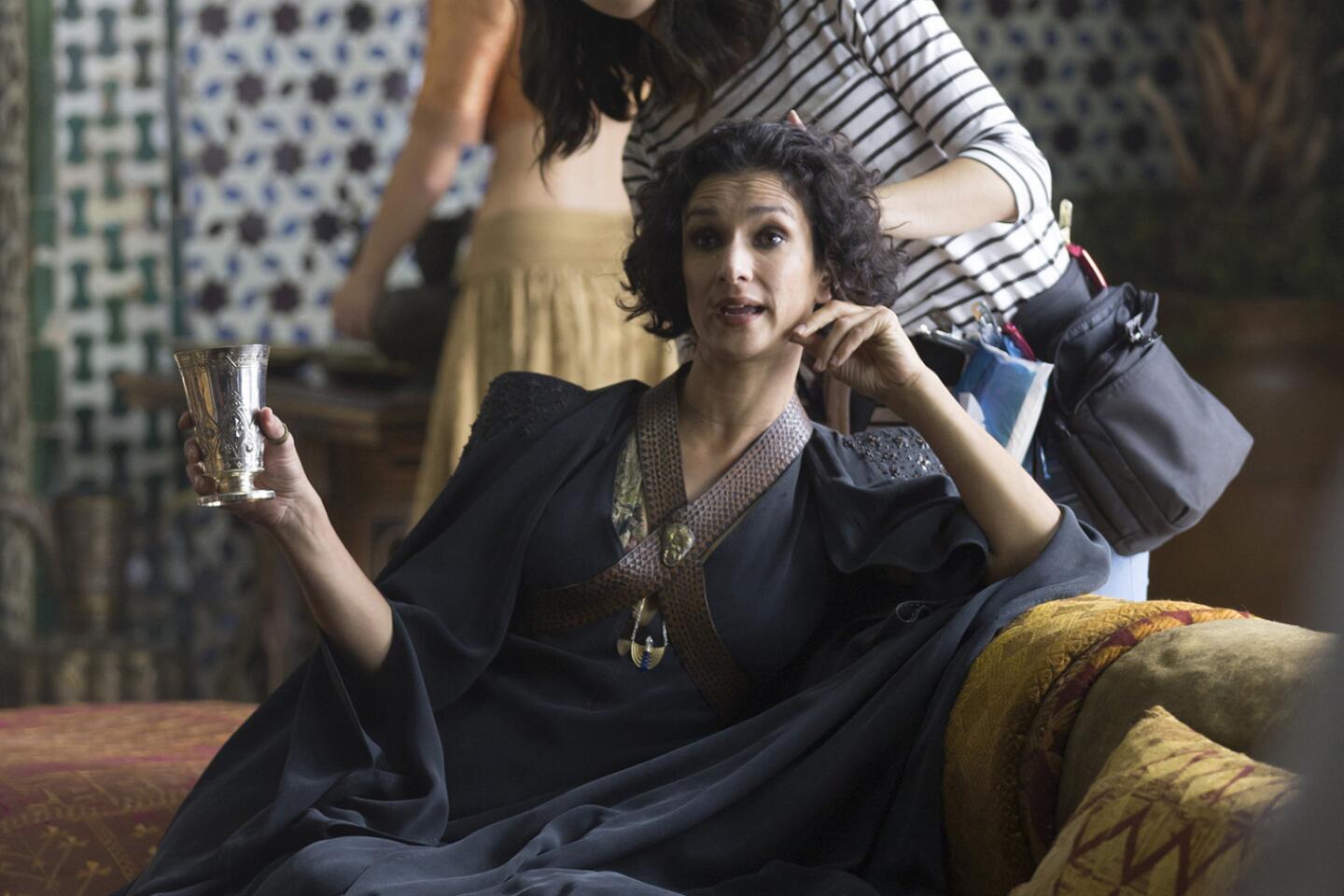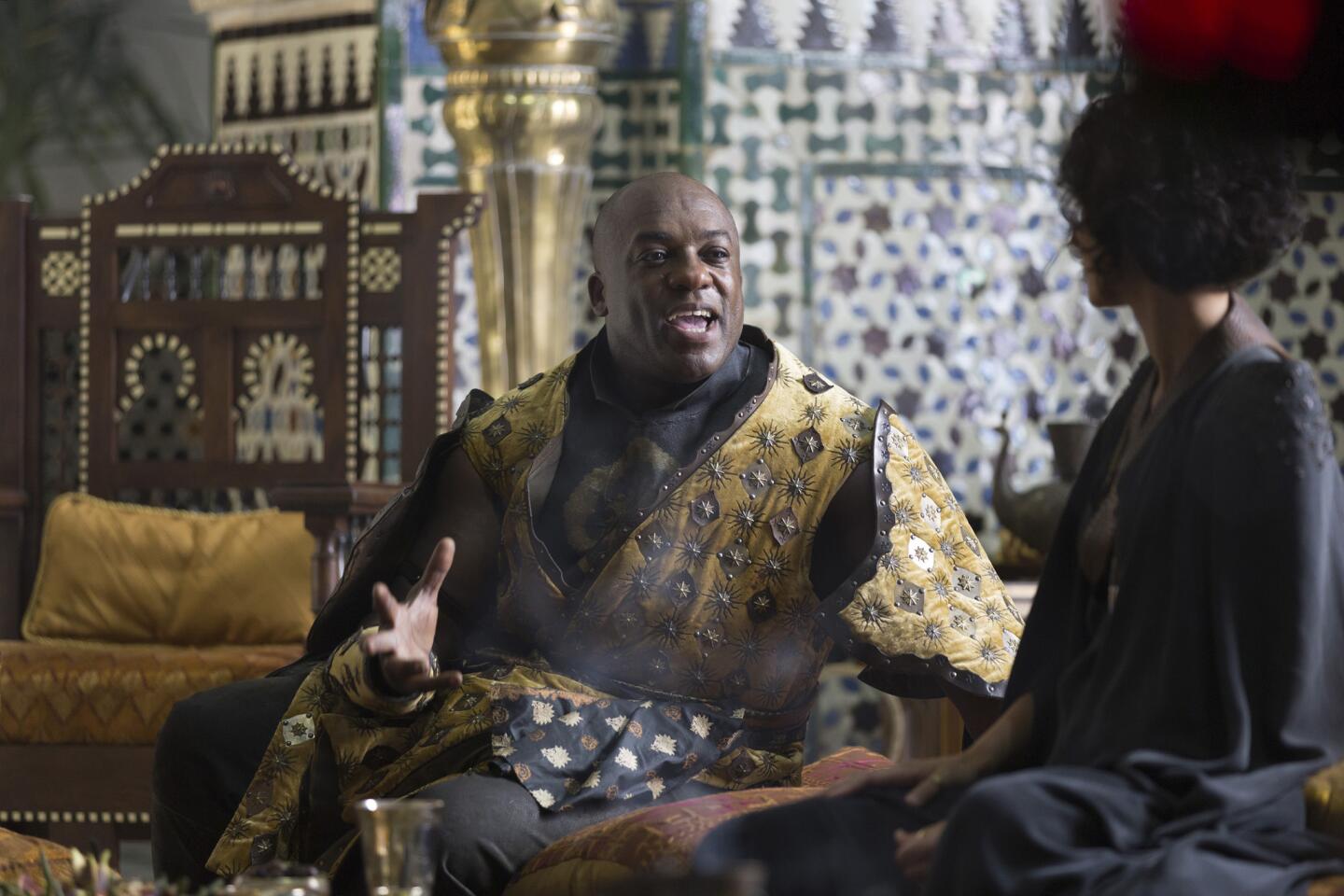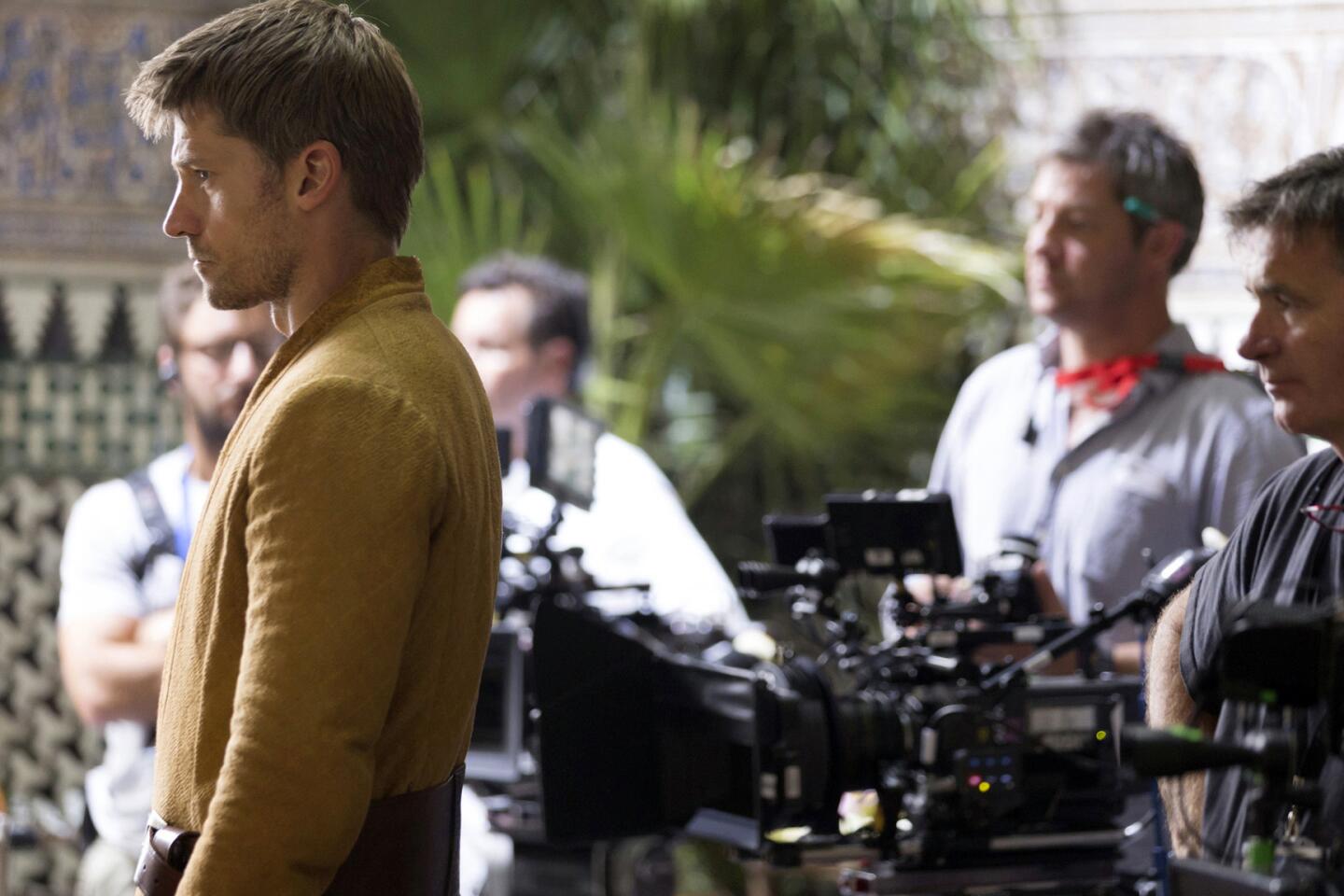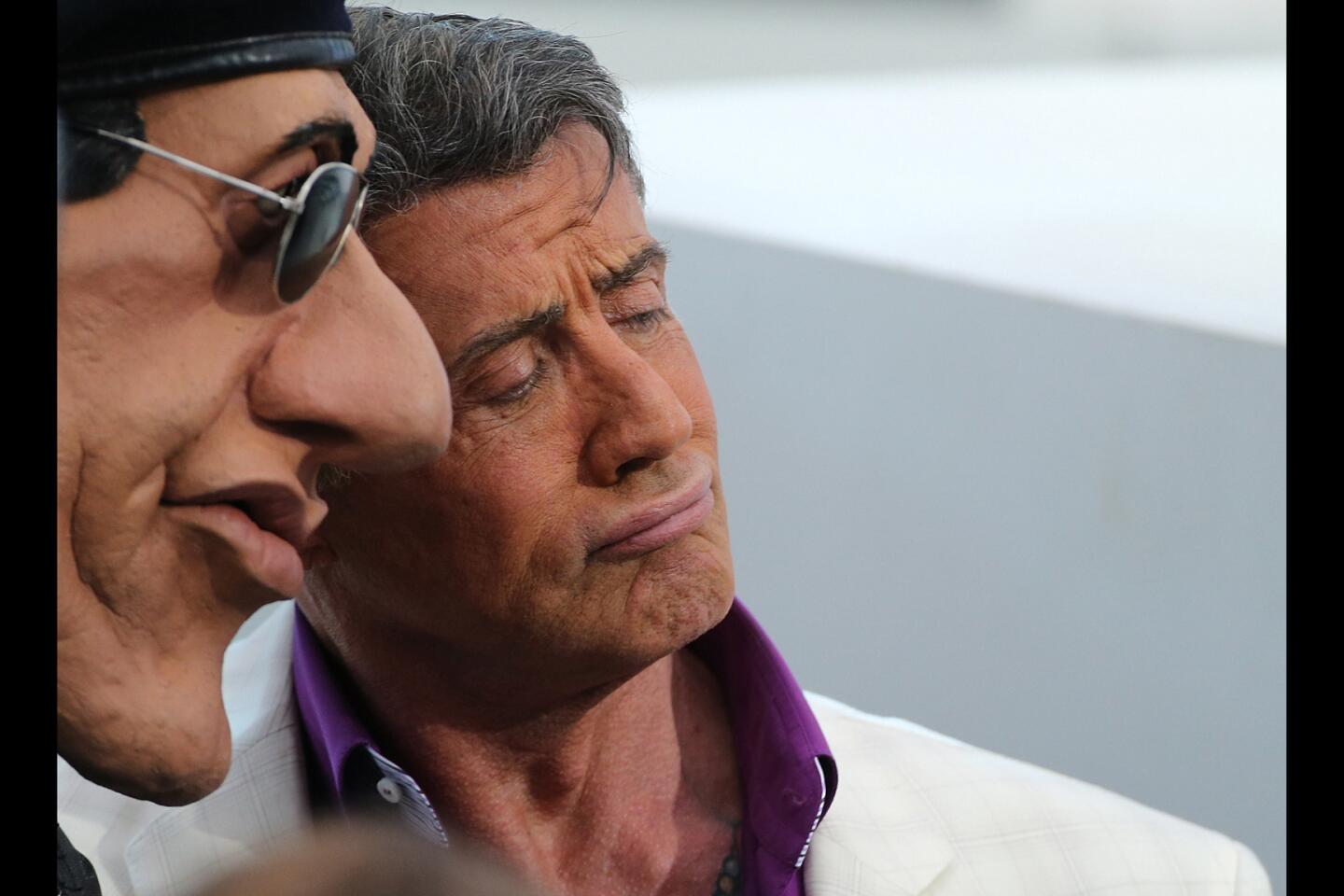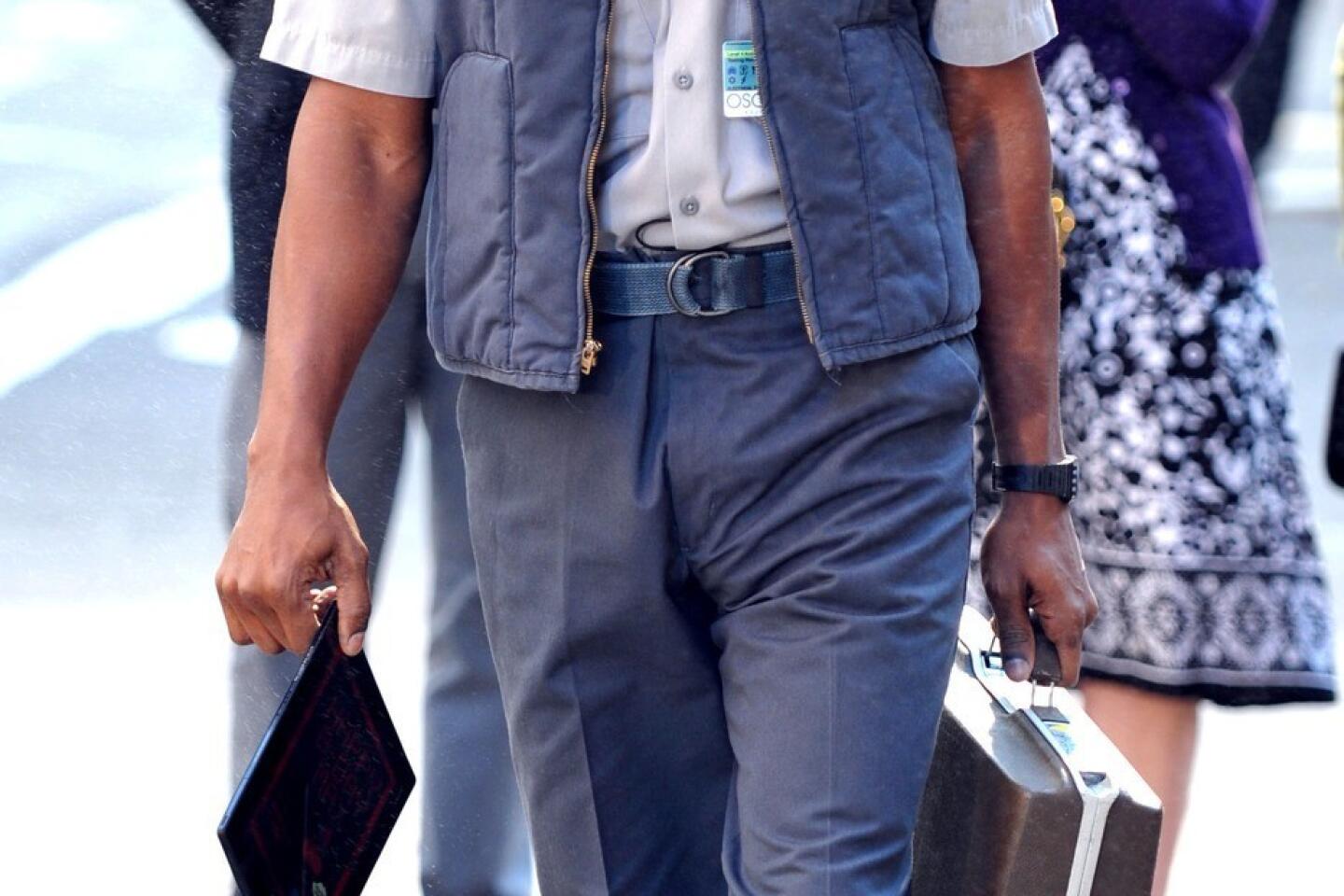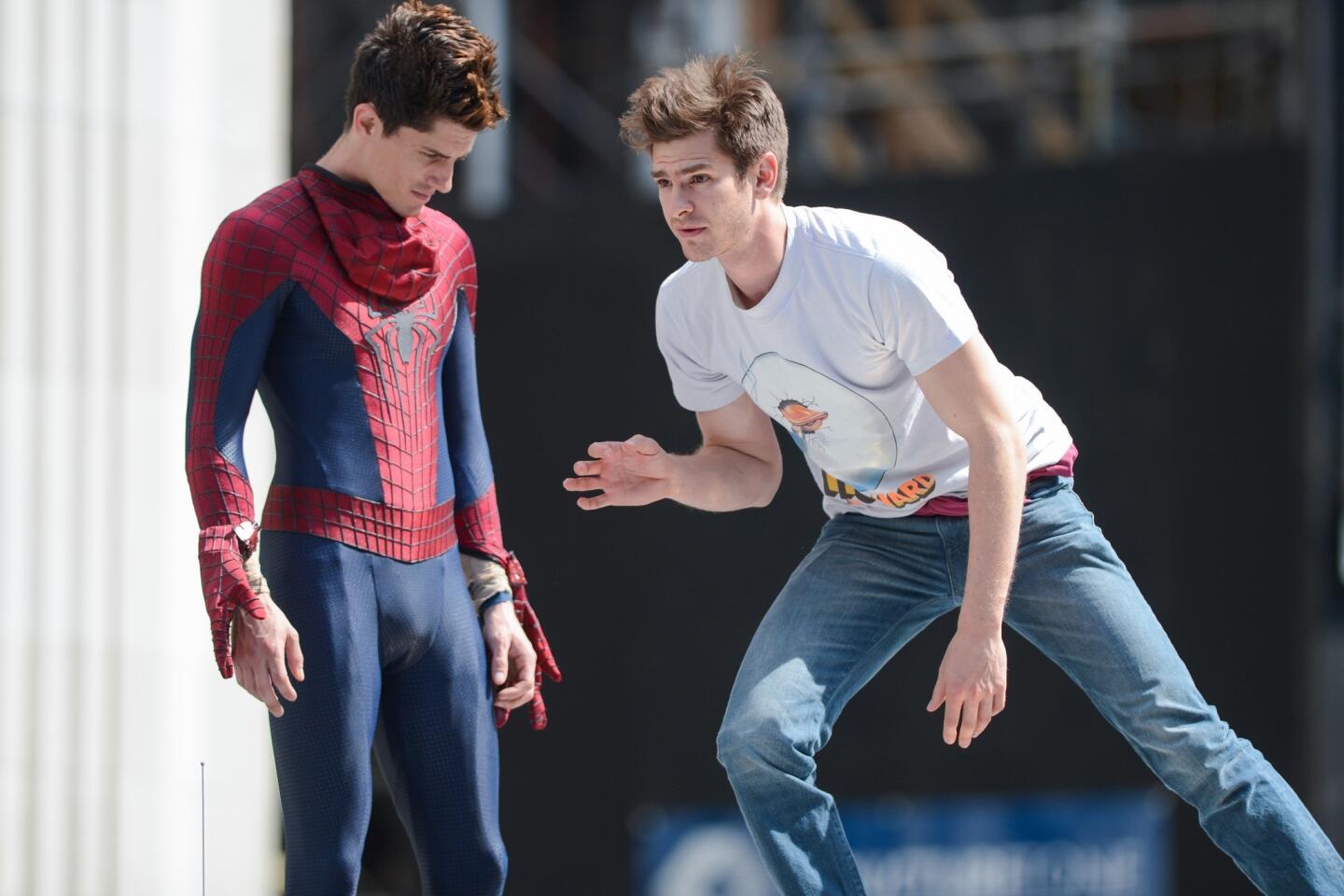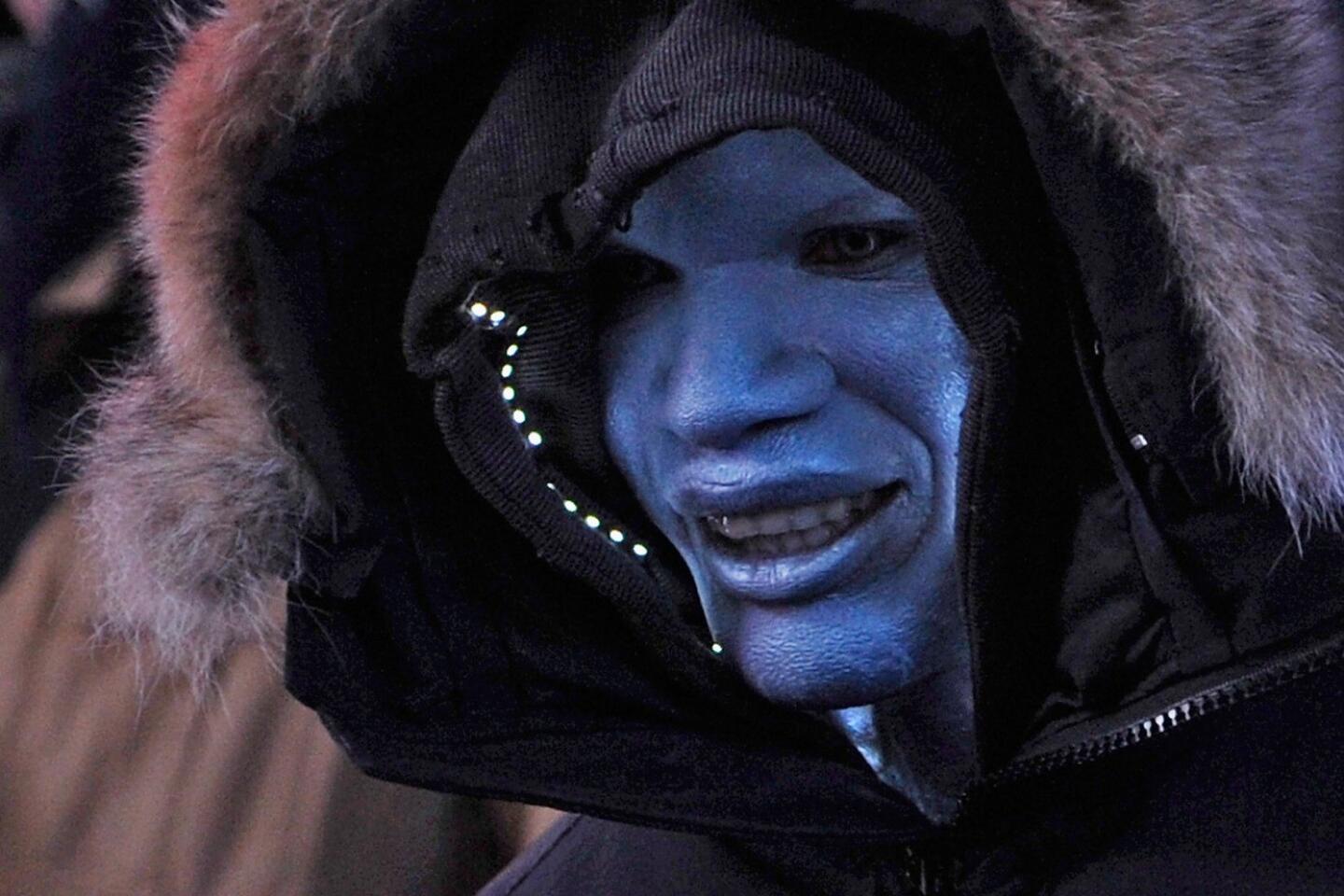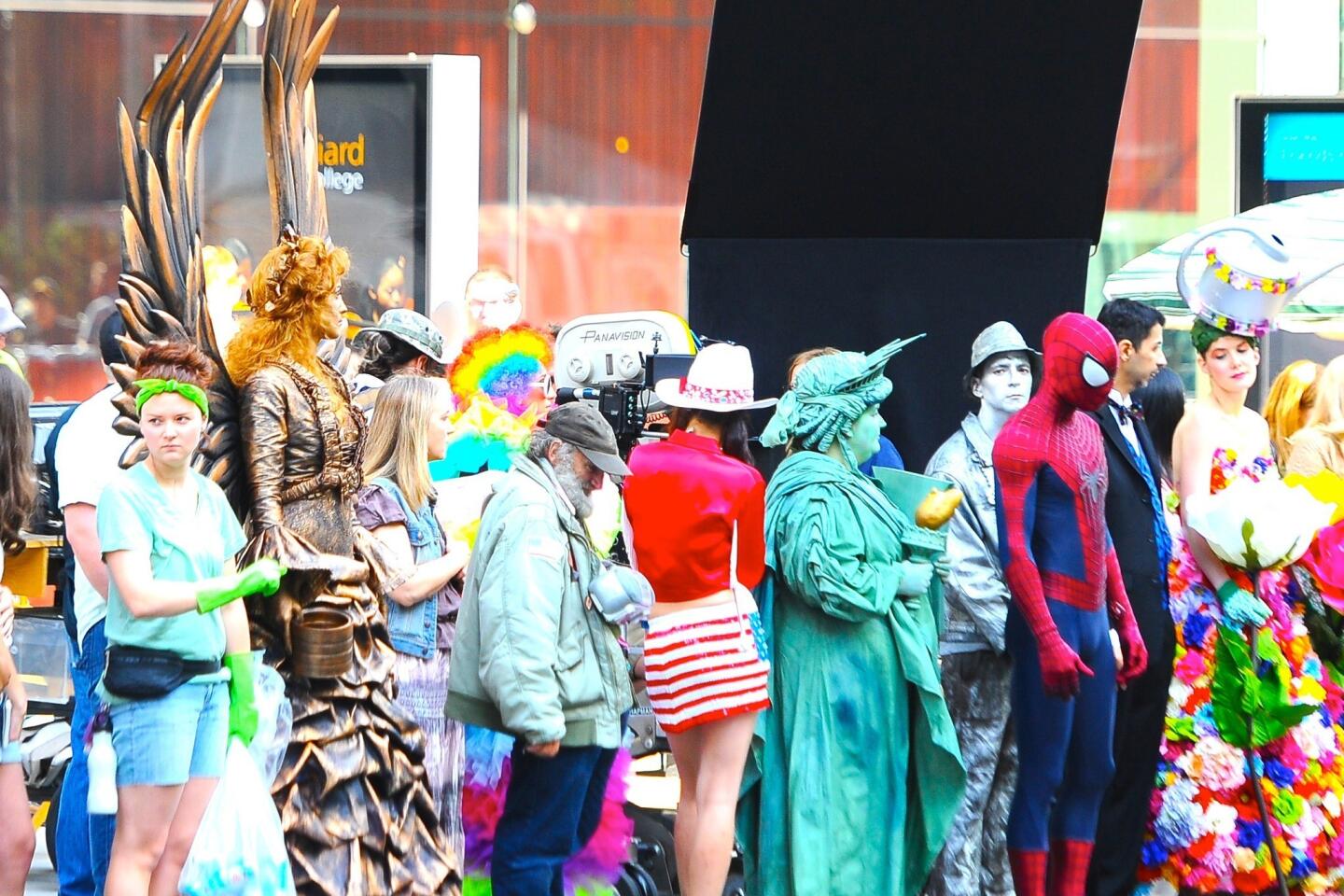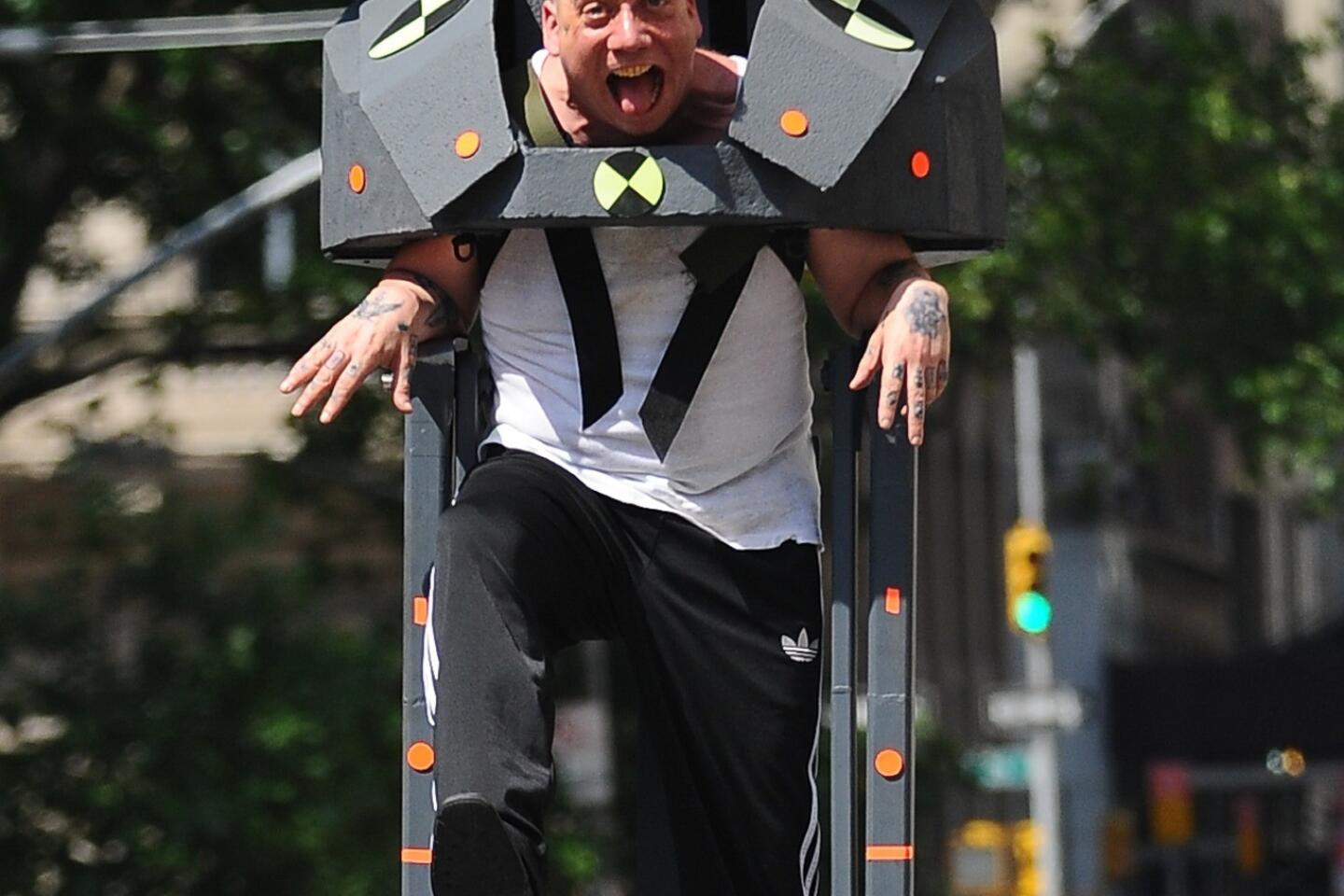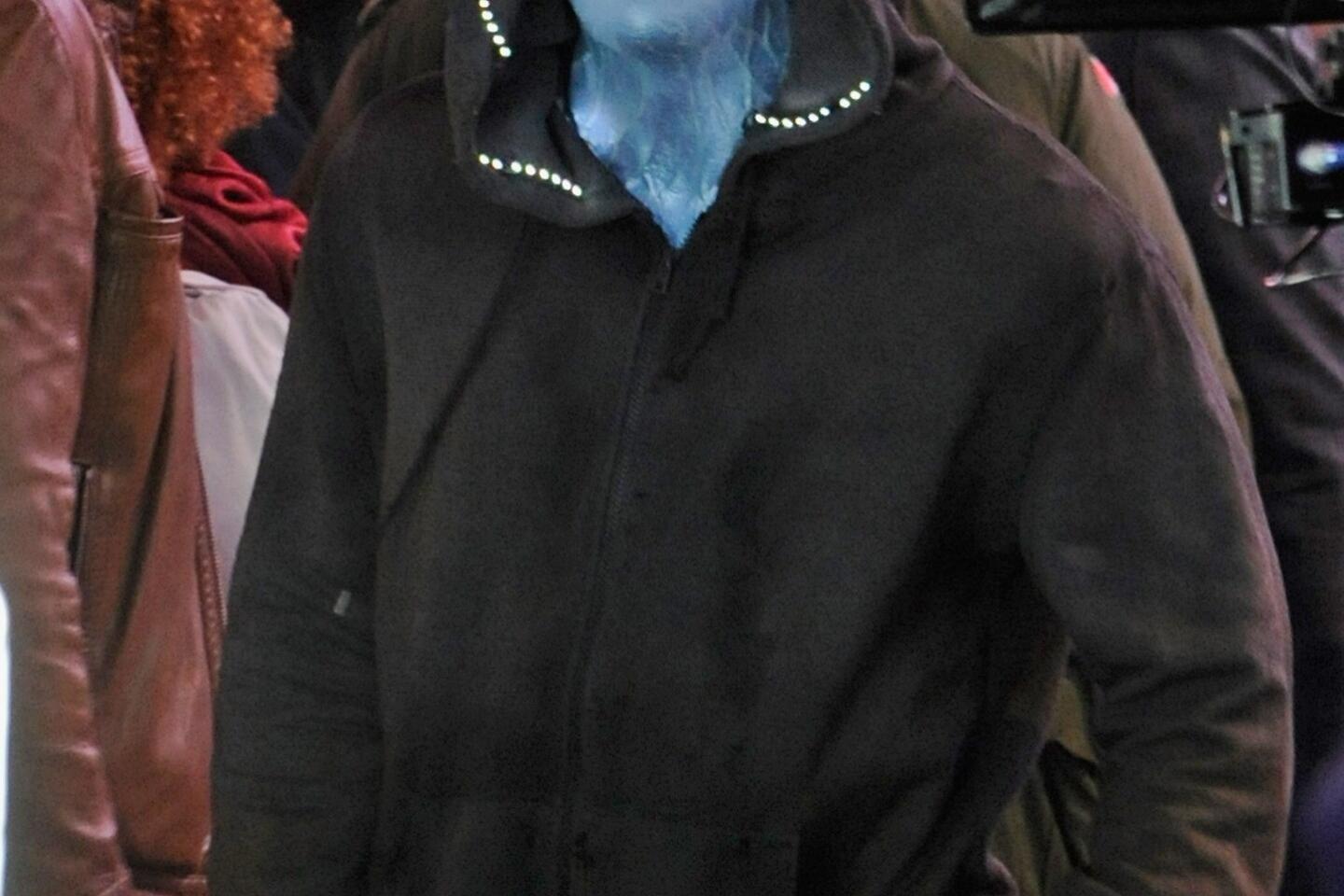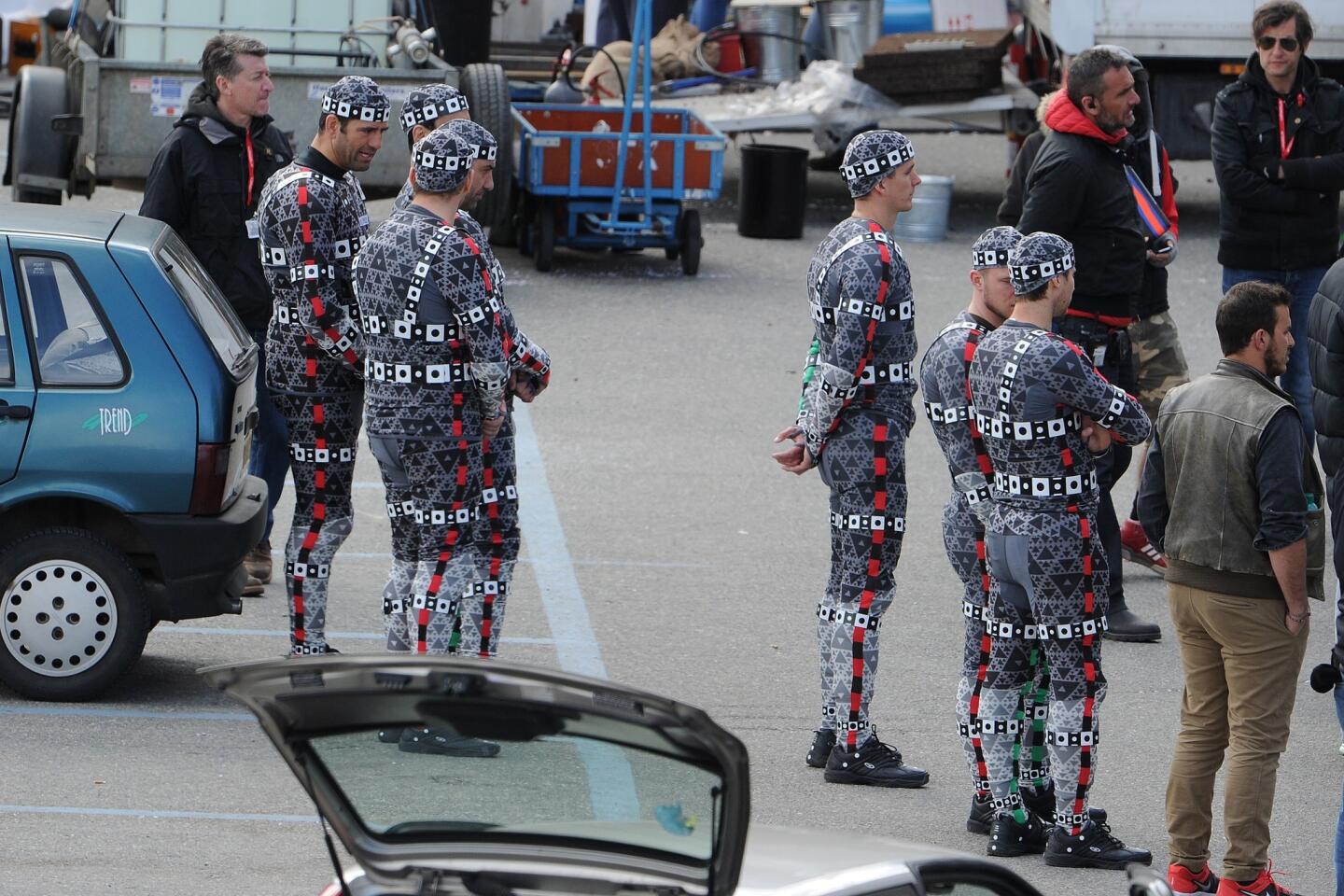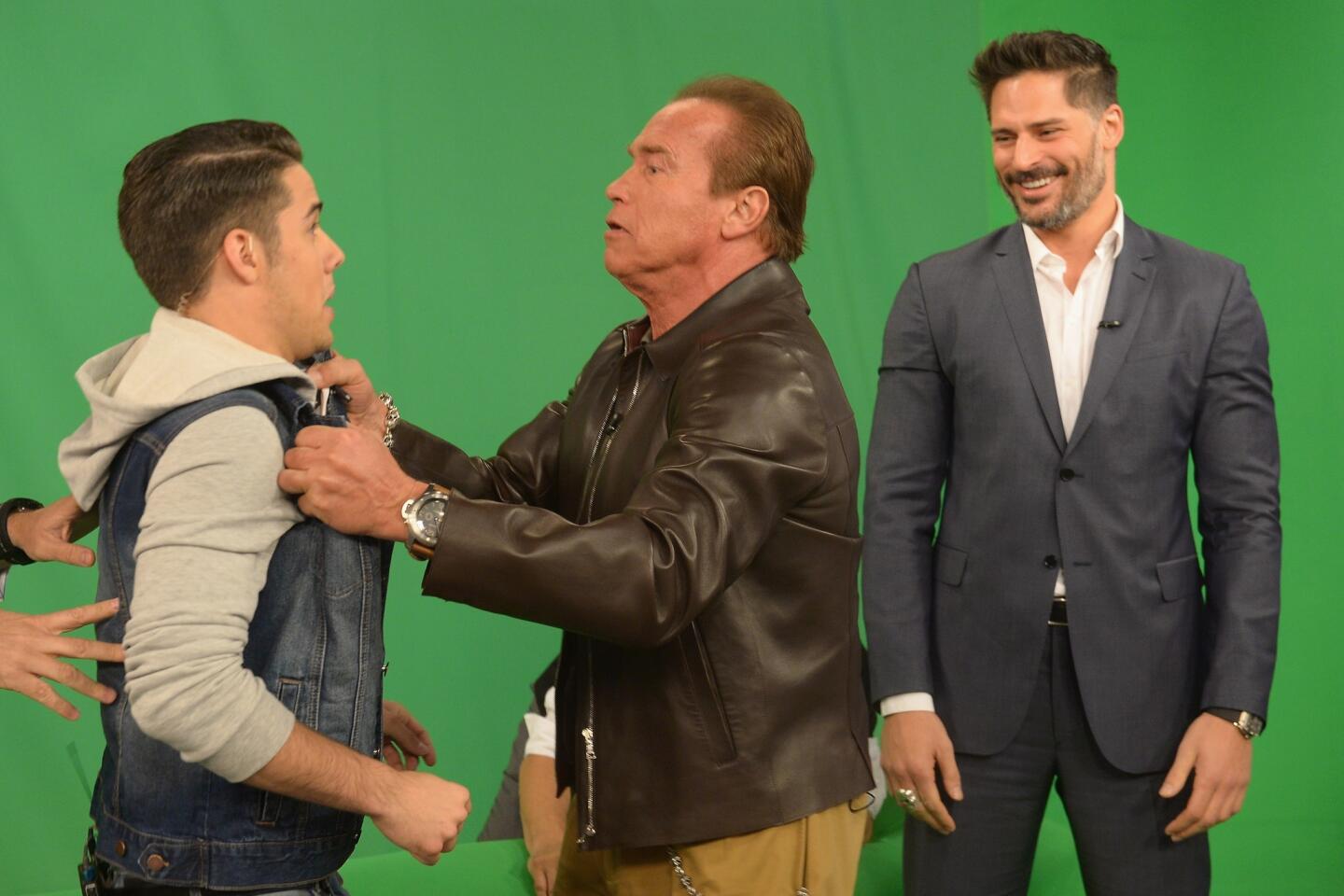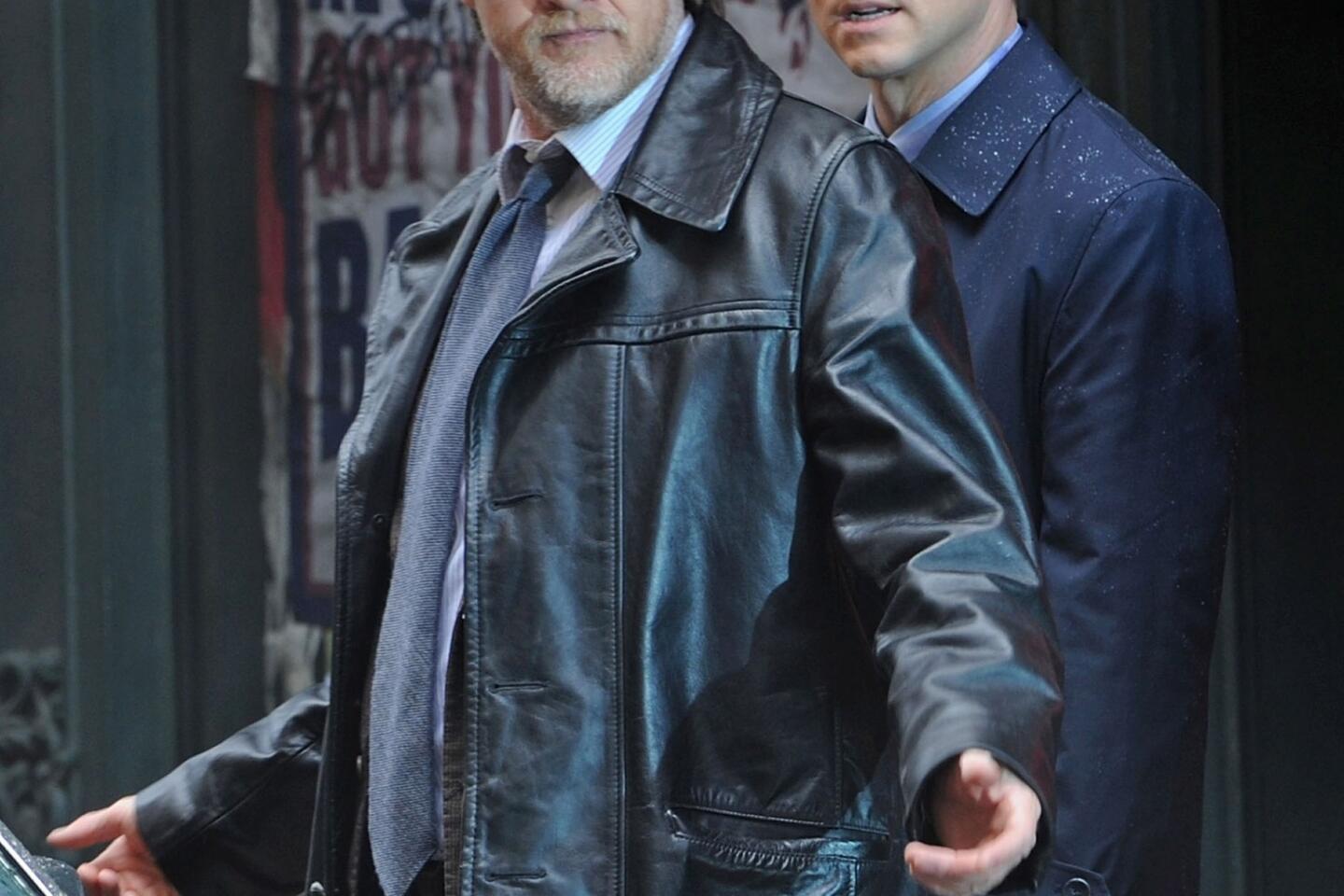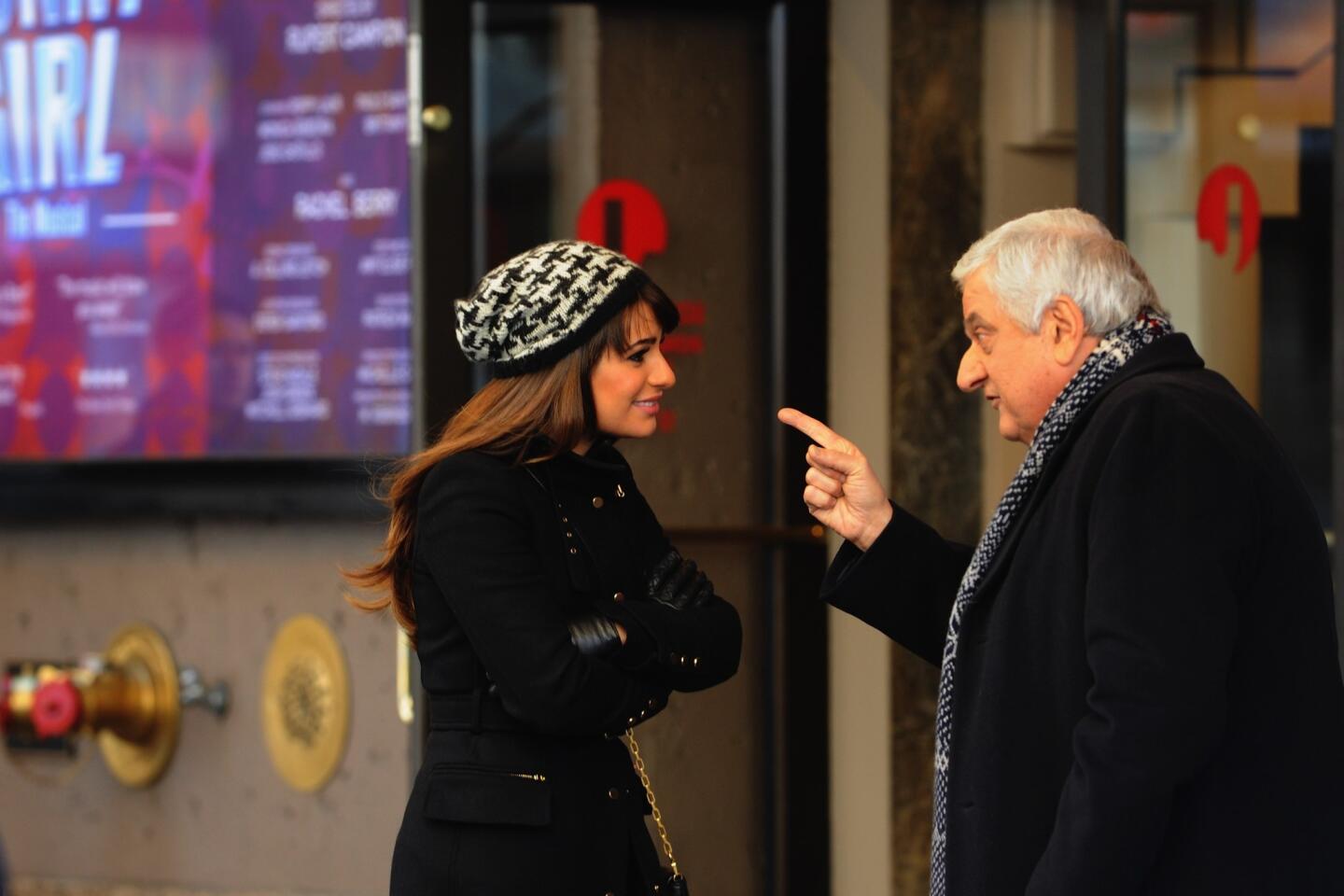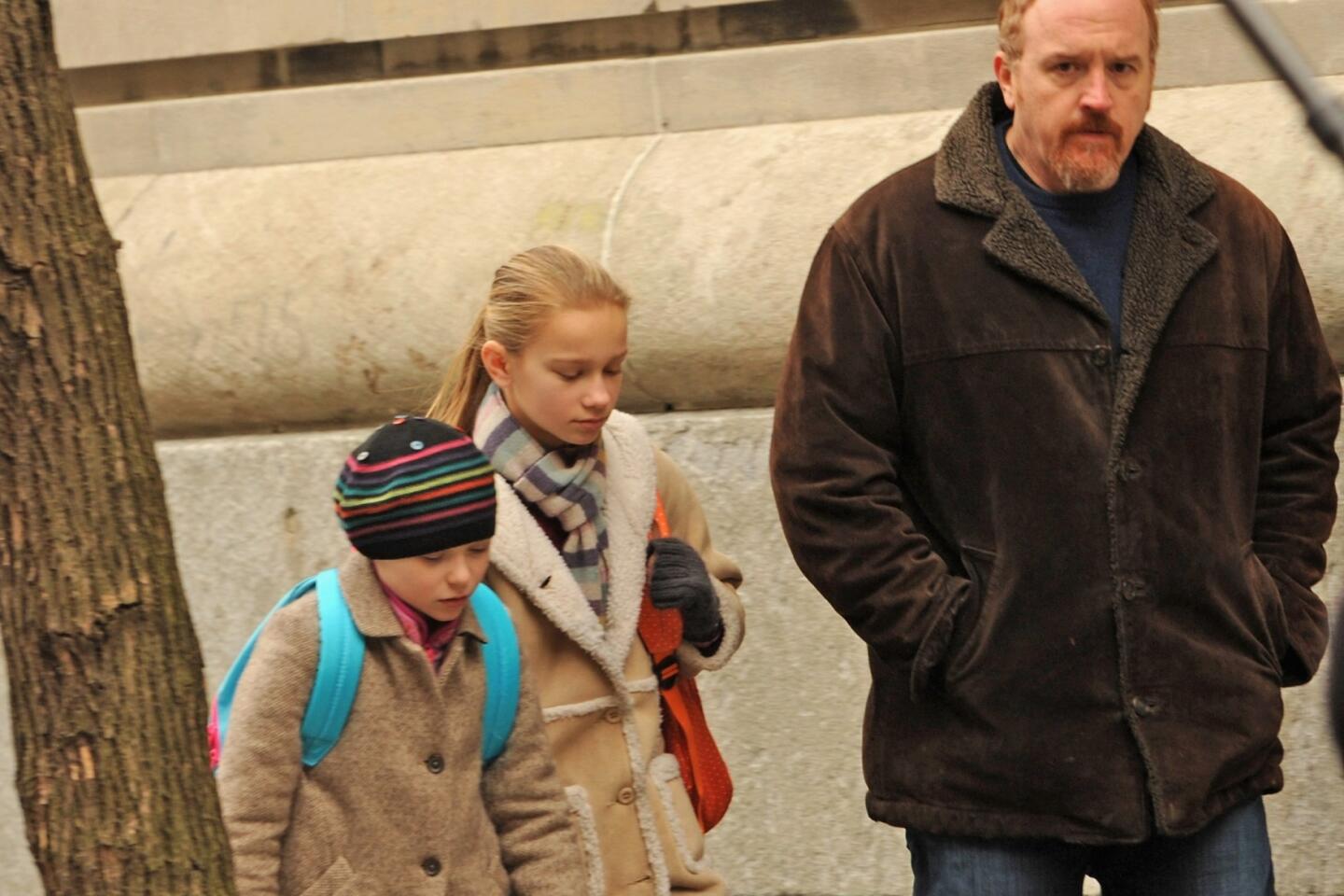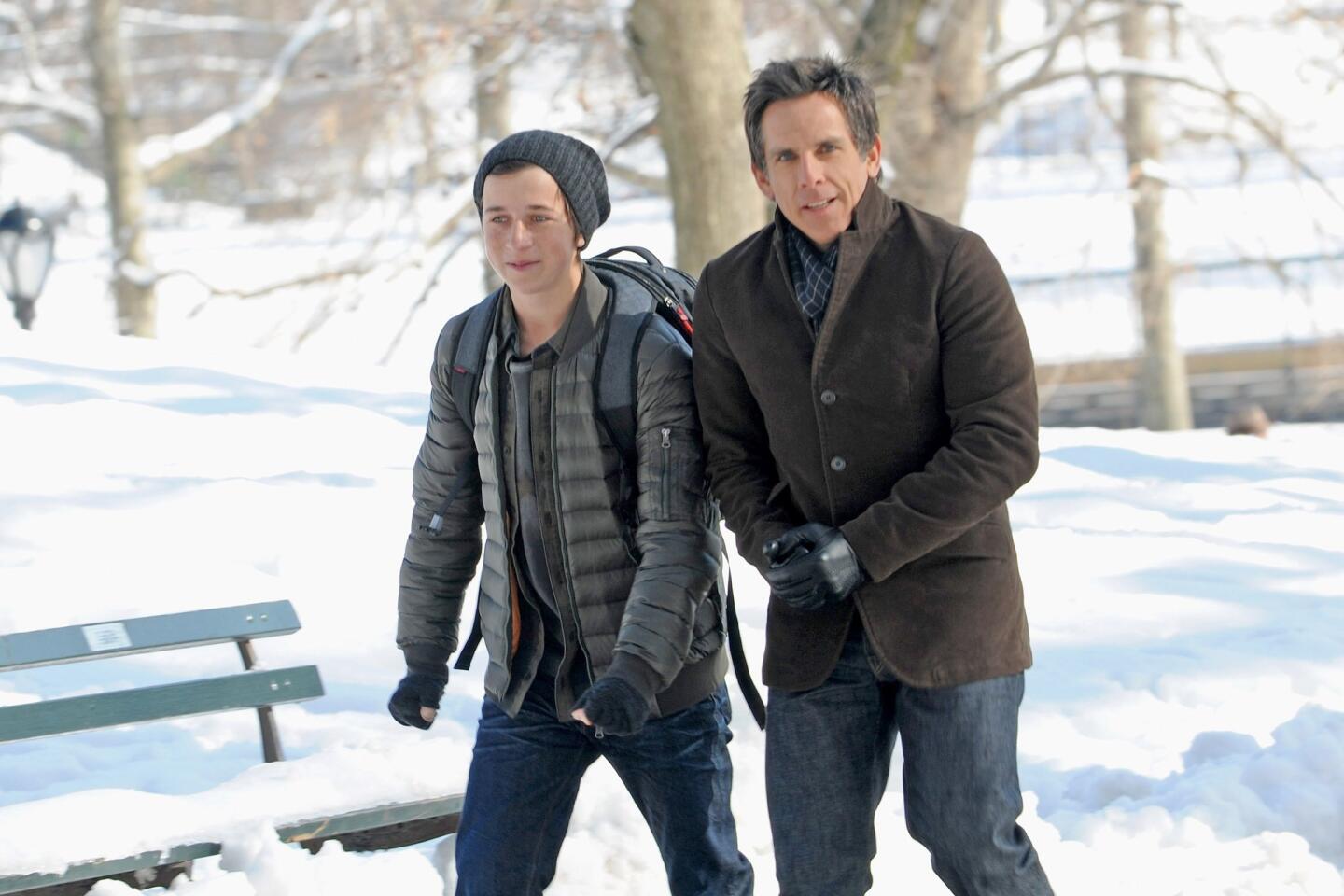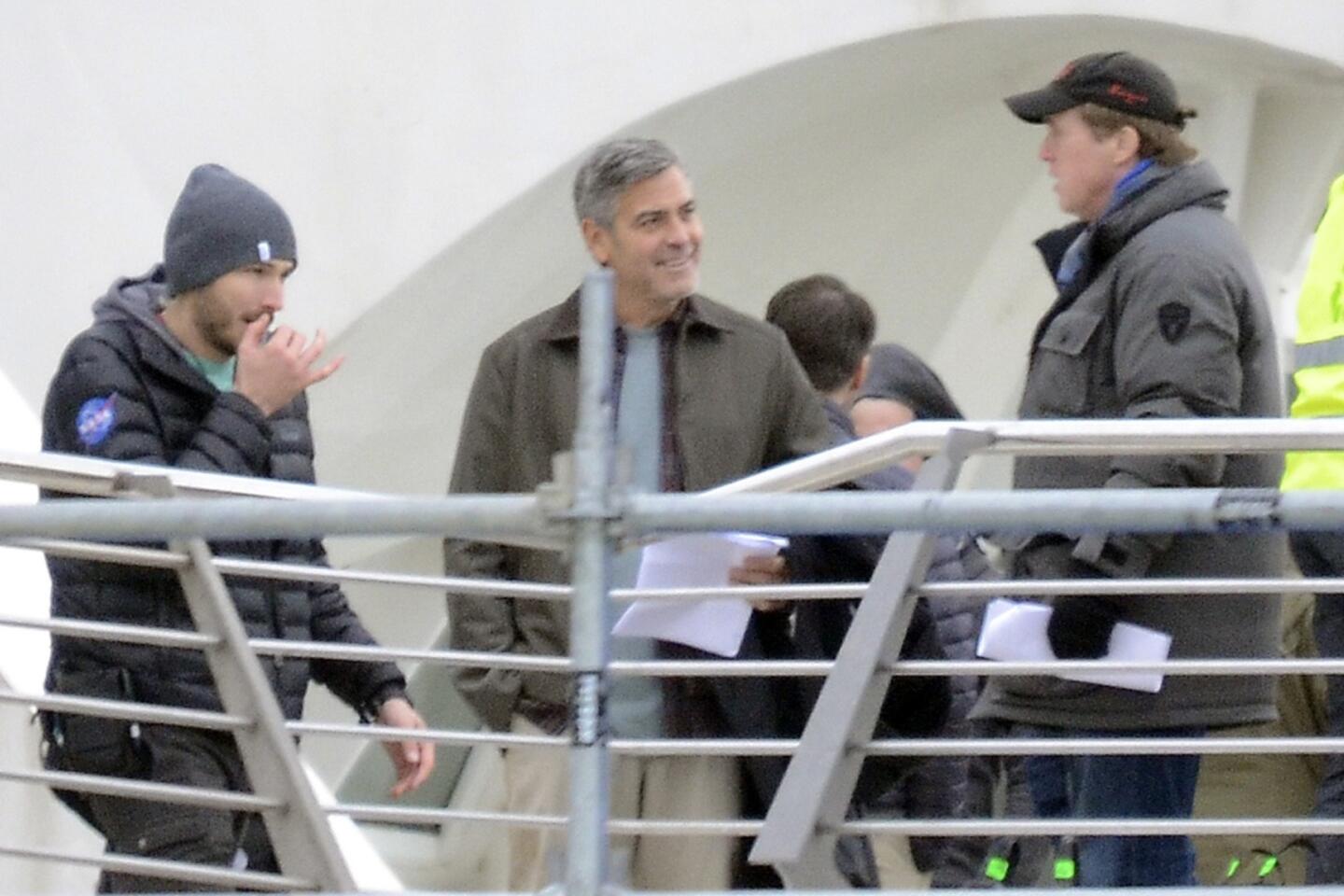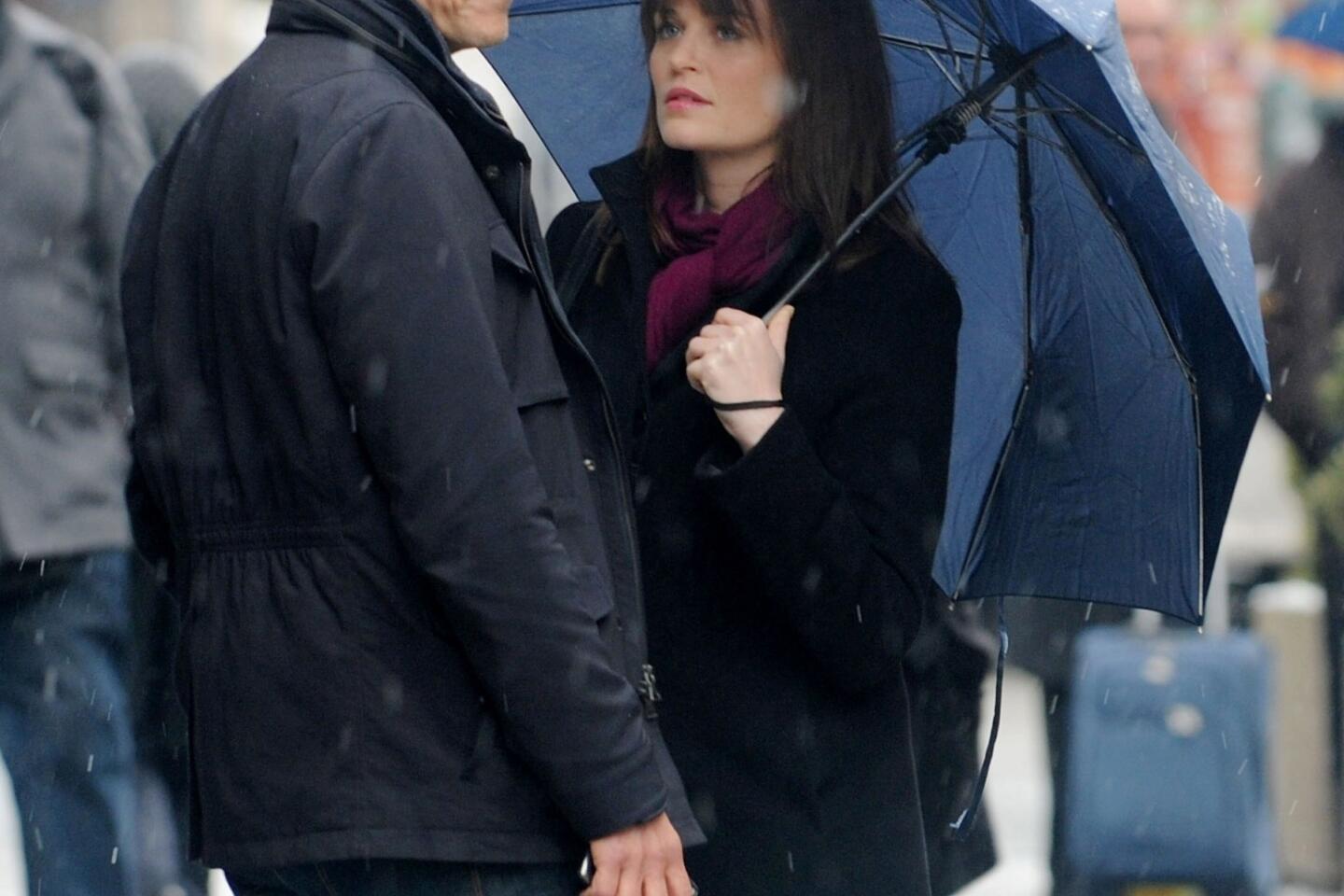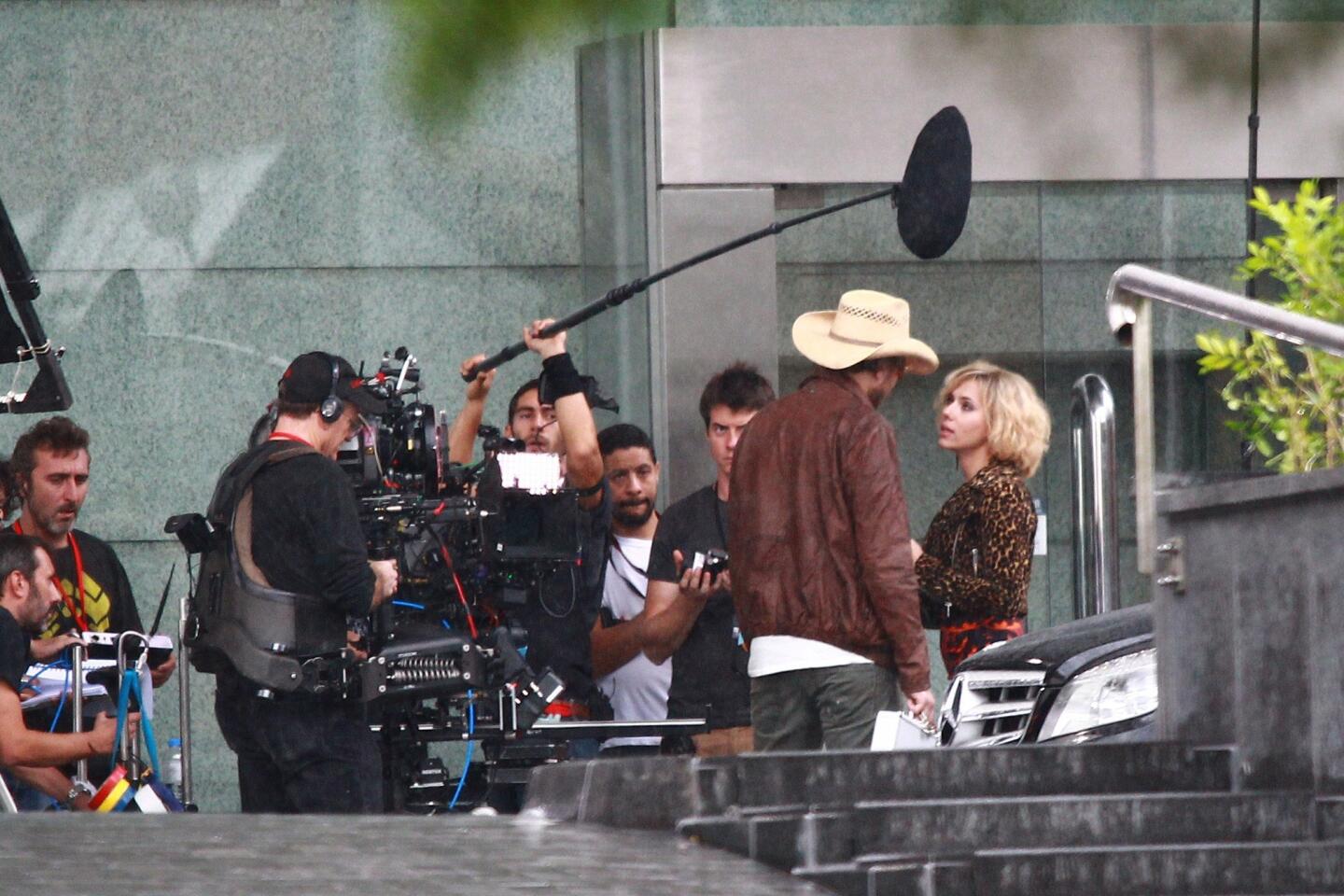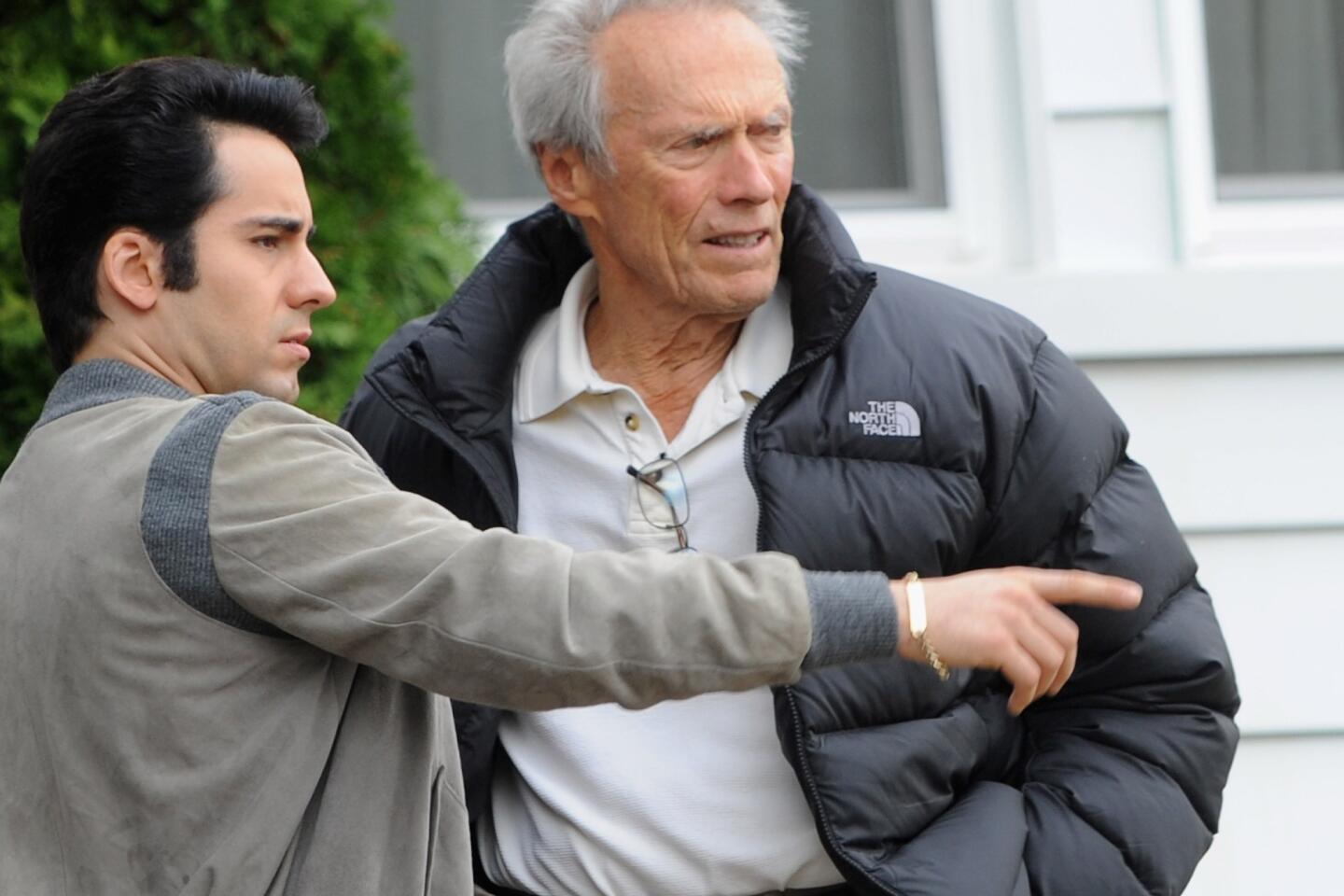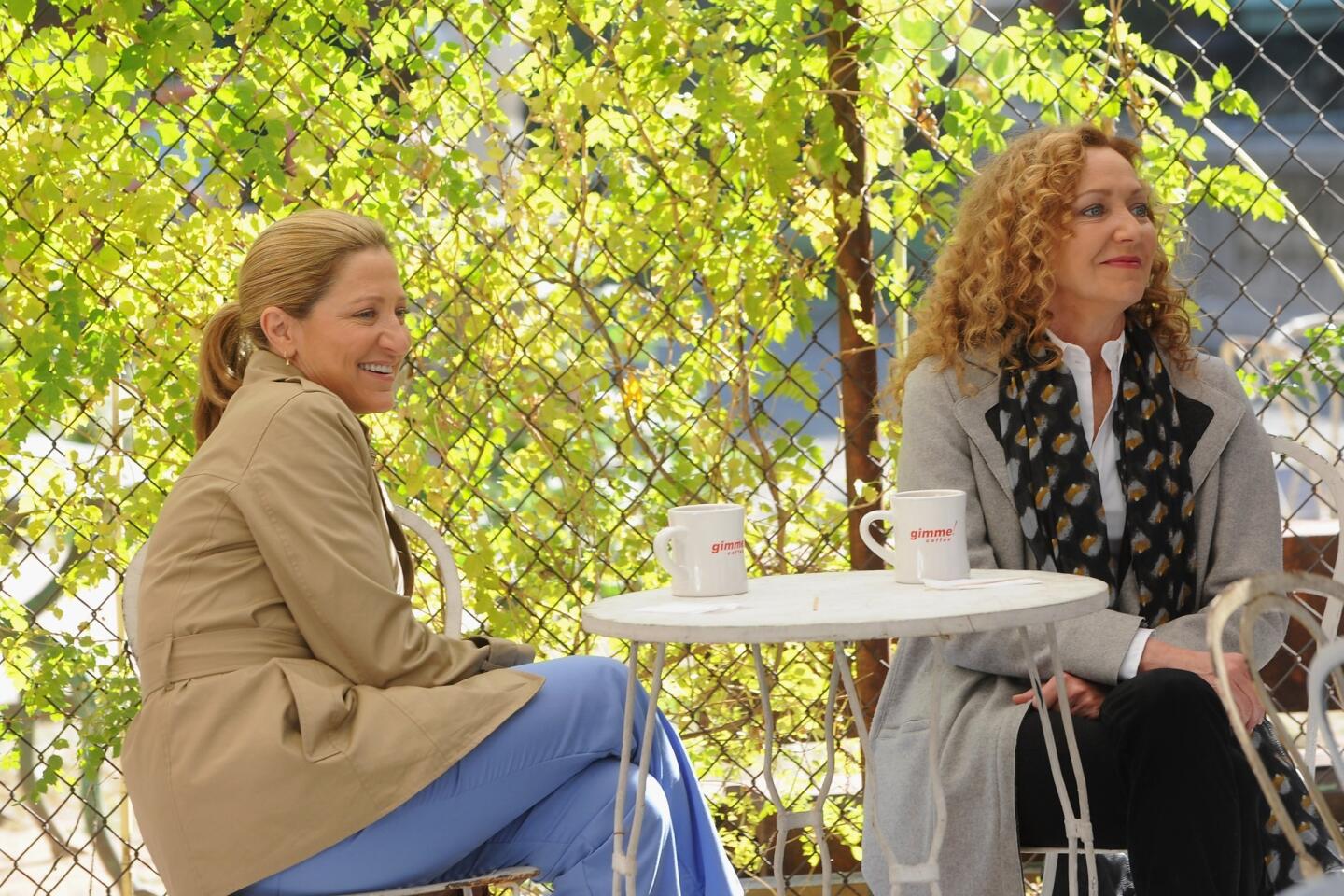Review: PBS’ ‘Life of Muhammad’ an earnest effort to enlighten
Whether a case of divine intervention or just fortuitous programming, PBS begins airing “The Life of Muhammad,” a three-part explanation of the history of Islam, on Tuesday, the same day Al Jazeera America makes its debut on the channel formerly known as Current TV. It’s a coincidence that only intensifies the PBS series’ air of demystification.
As any fifth grader knows, the history of all the great religions includes the battle of opposing forces: humanity and divinity, spirituality and economics, humility and power. That unsettling see-saw of righteousness and ruthlessness is very much evident in “The Life of Muhammad,” which walks us through the prophet’s life (and far too many deserts) as he grows from impoverished orphan to a man who changed the world.
As with documentaries seeking the historical Jesus or Buddha, “The Life of Muhammad” attempts to separate the “facts” from the countless, and often crazily diverse, interpretations — a task inevitably made more difficult by the lack of primary sources. There is no recently unearthed scroll, no “Da Vinci Code” reveal at the heart of this series. There’s only the history of the region and the Koran, Islam’s holiest text.
PHOTOS: Celebrities by The Times
Fortunately that is more than enough to achieve journalist-narrator Rageh Omaar’s primary goal: to separate the beliefs and practices of Islam from those of its more bloody-minded zealots. “If Jesus came back today and saw what was being done in his name,” Woody Allen wrote in “Hannah and Her Sisters,” “he’d never stop throwing up.” Muhammad too, this series suggests, might experience some nausea.
Born poor in Mecca and orphaned as a young boy, Muhammad’s fate took a turn for the better when he was adopted by his tradesman uncle who showed him both the art of business and the existence of a wider world.
With an open-mindedness unheard of at the time (and rare in much of the modern Middle East), Muhammad accepted the marriage proposal of an older businesswoman. Khadija, who continued to work after the marriage, would become, technically, the first member of Islam: When Muhammad began experiencing the physical pain and psychological mayhem of his divine revelations, it was Khadija who comforted him and, more important, convinced him that the visions of a one and true god who demanded a life of prayer and community service were real.
Interlaced with modern topics, each of the hour-long episodes deals with a portion of the prophet’s life — his early days, his departure from Mecca to Medina, and the later years in which he made peace with Mecca, and established a moral code that became known as Sharia law.
Beginning from a point of essential reverence — there is no questioning of Muhammad’s direct relationship with Allah — “The Life of Muhammad” directly addresses high-stakes issues including the divide between Muslims and Jews, and the medieval nature of Sharia law in a way that is almost painfully balanced.
The message of Muhammad, according to the religious experts in the series, was one of tolerance, humility and, in most cases, non-violence. Yes, he fought to defend Medina from the Meccan forces and yes, he ordered the slaughter of a Jewish tribe he believed had betrayed him.
But the series contends that these acts must be weighed in the context of their time and balanced by Muhammad’s calls for inclusion, forgiveness and compromise. Those who concentrate on the few verses of the Koran that espouse violence, we are told by the series, or who take the description of Muhammad’s wives being covered as a universal directive, are twisting the prophet’s original intent.
Imagery on the whole is a problem for the series; no visual depictions of Muhammad are shown, which is in keeping with Islamic tradition. (Even when using non-Islamic art, the face of Muhammad is blanked out.) As a consequence there is not too much to look at during the series. Shifting sand and shots of Omaar walking through the rocky hills or the markets of Medina take up so much screen time that the talking head-static of the experts is actually a relief.
Muhammad never comes alive as a man, but then, that is not the point here. “The Life of Muhammad” is an earnest, at times anxious, attempt to set the record straight on Islam, to remind Americans that this religion should not be judged by the actions of extremists any more than Christianity should be defined by the Inquisition.
‘The Life of Muhammad’
Where: KOCE
When: 8, 9 and 10 p.m. Tuesday
Rating: TV-PG-V (may be unsuitable for young children with an advisory for violence)
More to Read
The complete guide to home viewing
Get Screen Gab for everything about the TV shows and streaming movies everyone’s talking about.
You may occasionally receive promotional content from the Los Angeles Times.
